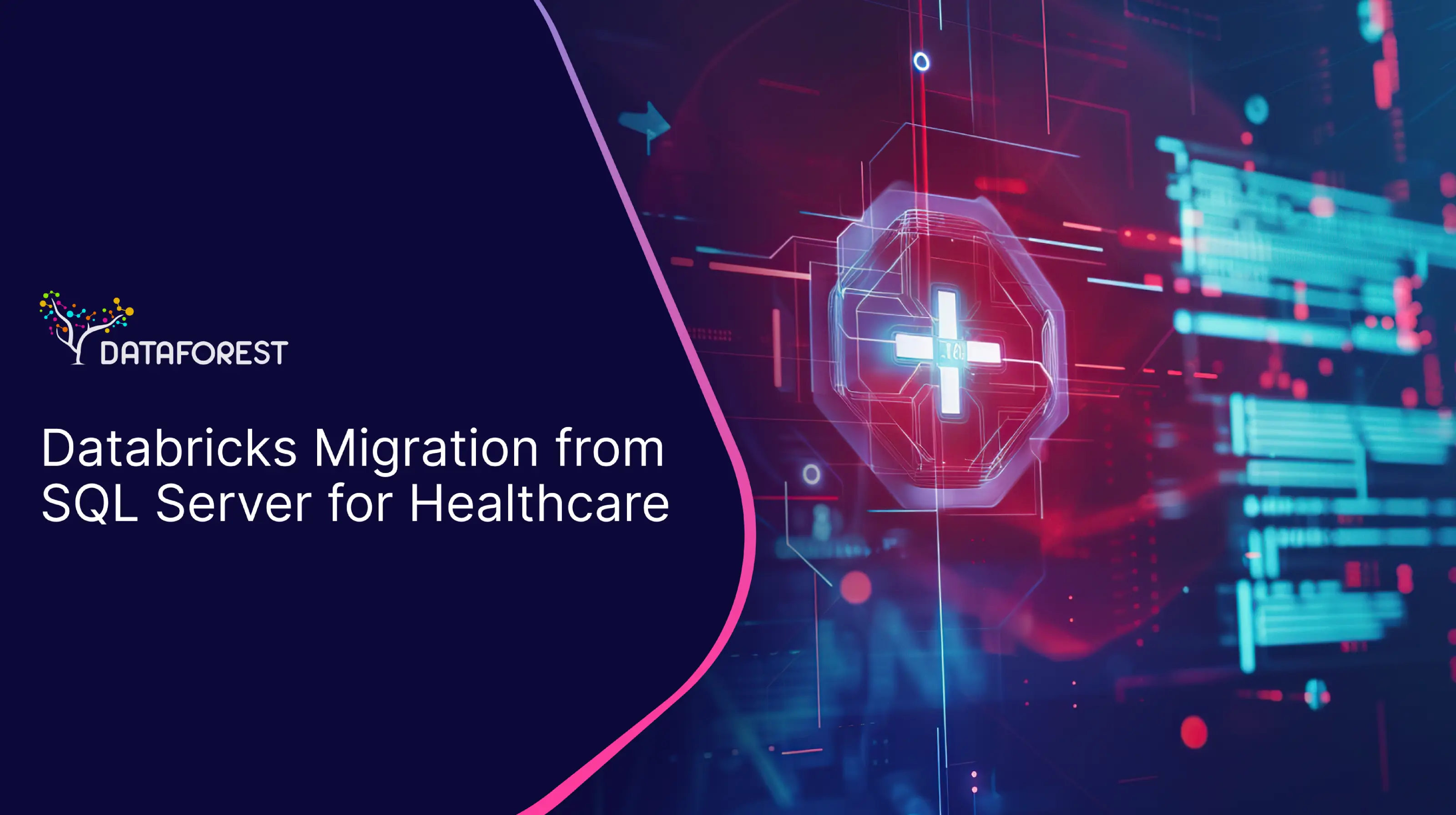Share
Table of contents:
Incremental scraping is a web scraping methodology that focuses on retrieving only new or updated data from a target source rather than re-scraping the entire dataset every time the scraper runs. This approach is particularly useful for large websites or frequently updated data sources where re-scraping the complete content would be inefficient, resource-intensive, and potentially disruptive to both the source server and the data pipeline.
Key Characteristics and Mechanism
- Data Synchronization and Efficiency:
- Incremental scraping is designed to identify and collect data changes by synchronizing only the modified or added records since the last scrape. This minimizes the data processing and storage load, as well as the bandwidth consumed by limiting the volume of requests sent to the server.
- This method often relies on identifying update timestamps or unique identifiers associated with data entries to ensure only recent or relevant content is collected.
- Tracking Changes with Identifiers:
- Timestamp Tracking: In many implementations, incremental scraping utilizes timestamps or 'last modified' fields to recognize when content has changed. For example, if a website includes an attribute like `last_updated`, the scraper can compare the latest timestamp stored with new data and extract only entries with a timestamp greater than the last recorded time.
- Content Hashing: When timestamps are unavailable, content hashing can be applied. This involves generating a hash (a unique string) for each entry or page; if the hash changes, the content has changed. Comparing hashes helps detect updates without analyzing each element’s content.
- Primary Keys or IDs: When handling databases or structured lists, incremental scrapers also utilize primary keys or unique IDs (e.g., product IDs or post IDs). New or higher IDs signify new entries, making it straightforward to capture fresh data without duplicating earlier content.
- Data Caching and State Management:
- Effective incremental scraping often requires managing cached states or maintaining a log of the last scraped entry. This state can be stored in a local database or as metadata within the scraper. By referencing the cached state, scrapers ensure continuity in their operation without requiring repetitive downloads of the same data.
- The state file or cache is updated with each scraping run to reflect the most recent timestamp, hash, or ID, enabling consistent tracking across successive runs.
- Implementation Example:
- Suppose a website updates its news articles periodically. An incremental scraper can use the last scraping timestamp (e.g., `2023-10-01 12:00`) and only fetch articles posted after this date.
- After parsing the latest articles, the scraper will update its timestamp to `2023-10-01 18:00`, ensuring that subsequent scrapes will check only for posts after this new timestamp.
Sample Code for Incremental Scraping in Python
A Python-based implementation of incremental scraping might look like the following, using timestamps to track changes:
python
import requests
from bs4 import BeautifulSoup
import json
Load the last scrape timestamp from a JSON file
try:
with open('scrape_state.json', 'r') as f:
state = json.load(f)
last_scraped_time = state['last_scraped_time']
except FileNotFoundError:
last_scraped_time = "2023-10-01T00:00:00" Initial timestamp
Define the scraping function
def incremental_scrape(url, last_scraped_time):
response = requests.get(url)
soup = BeautifulSoup(response.text, 'html.parser')
new_data = []
for item in soup.find_all('article'):
timestamp = item.get('data-timestamp')
If the article is newer than last_scraped_time, collect it
if timestamp > last_scraped_time:
data = {
'title': item.find('h2').text,
'timestamp': timestamp,
'url': item.find('a')['href']
}
new_data.append(data)
Update the state with the latest timestamp
if new_data:
with open('scrape_state.json', 'w') as f:
json.dump({'last_scraped_time': new_data[0]['timestamp']}, f)
return new_data
Execute incremental scrape
url = "https://example.com/articles"
new_articles = incremental_scrape(url, last_scraped_time)
This code snippet performs the following:
- Reads the last scrape time from a state file.
- Collects only articles posted after that time.
- Updates the last scrape timestamp to maintain continuity for the next scrape.
Formulaic Representation of Timestamp-Based Incremental Scraping
If `T_current` represents the current timestamp, `T_last` the timestamp of the last scrape, and `n` represents the total entries:
- Condition:
- If `T_i > T_last`, where `T_i` is the timestamp for each entry `i`:
- Extract data only for entries meeting this condition.
- Cache Update:
After scraping, set `T_last = T_max`, where `T_max` is the maximum timestamp among newly scraped entries.
Incremental scraping is essential in industries and usage scenarios where data changes frequently but requires minimal redundancy, such as:
- News Aggregation: Only fetching newly published articles.
- Stock Market Data: Collecting recent trading information without reprocessing historical data.
- Social Media Monitoring: Capturing the latest posts or comments.
- Product Price Monitoring: Identifying updates in pricing without re-scraping unchanged product listings.
Through its systematic and efficient design, incremental scraping maximizes resource utilization and ensures data is up-to-date without unnecessary repetition. This approach is especially valuable in large-scale data collection environments, where efficiency and minimal server load are priorities.












